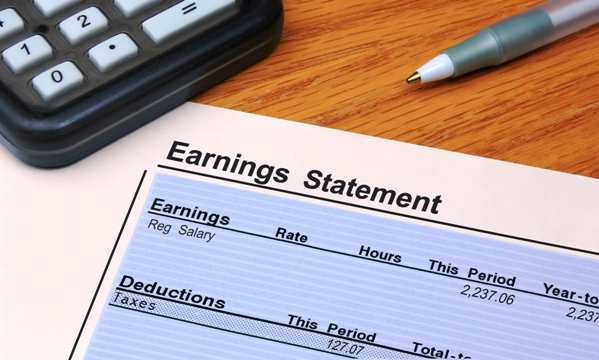Ever wonder what happens to the money in your paychecks from your summer job? You’ll soon find out that you’re not the only one who has claims on what you earn! It’s important that you understand your summer paycheck.
Why Don’t You Get All of Your Earnings?
Example: You work 25 hours over a two-week pay period. Your pay is $10.50 an hour. You figure you should see $525 on your paycheck, right?
Sort of. But not in your pocket. There’s a big difference between gross income—or your hourly rate times the hours you work—and net income, or your take home pay.
What Are Deductions?
Your gross income is reduced by deductions. Look at your pay stub—the earnings statement—attached to your check. It includes:
• Your identification information
• The dates of the pay period
• Your gross income
• All your deductions, which include taxes and FICA
• Your net income
How You Can Increase Your Income
You can’t control the paycheck deductions, but you can do two things to raise your pay, one for now and one for later:
• For now—Keep your eyes open for opportunities to take on more responsibility. If you’re enthusiastic about your job and do it well, your boss may promote you. Even if that doesn’t happen, you’re developing skills that could lead to better pay in your next job.
• For later—Make smart decisions about your education. Staying in school increases your chance of earning more money in life.
How You Can Prepare For The Future
As you look to future classes, look for ways to earn extra credit, take advanced placement courses, form good relationships with your teachers, and volunteer for school events. All of these can get you good grades, a possible career experience, and excellent letters of recommendation for college.
Want more money now? Save some. Come in to Mid Oregon Credit Union to set up a savings account and learn how to manage your money.





